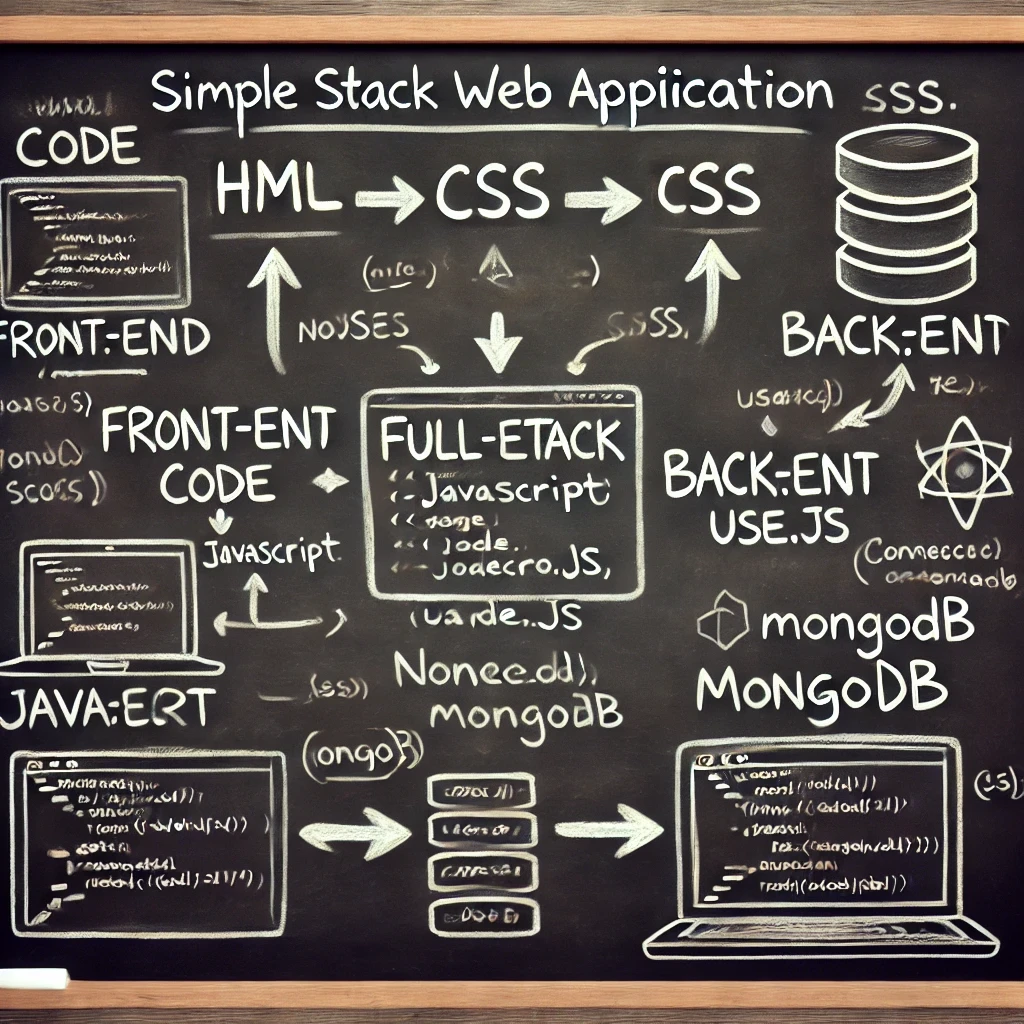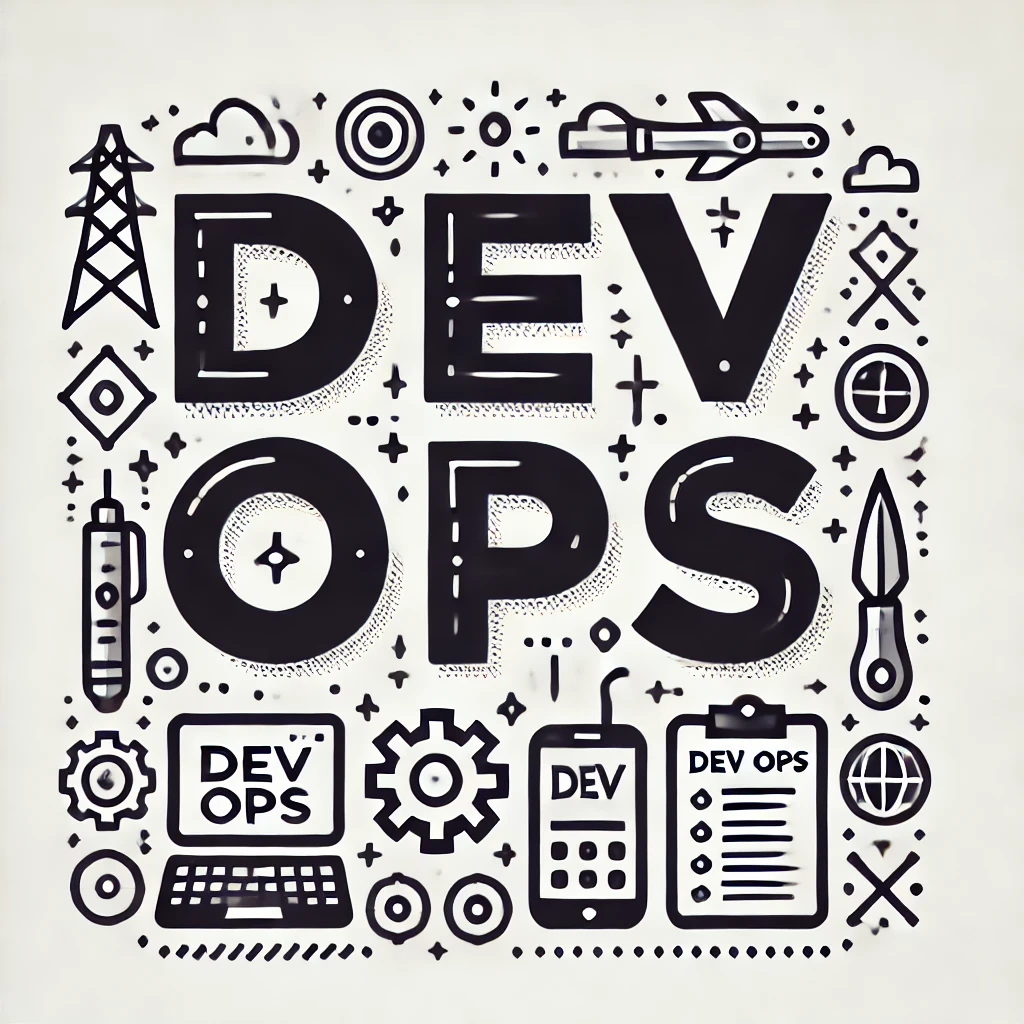Exploring Code Frameworks: What to Consider in Development
Development
3
min read
29 April 2024
In the ever-evolving world of software development, choosing the right code framework is crucial for building efficient and scalable applications. Frameworks provide a structured foundation, allowing developers to focus on creating features rather than reinventing the wheel. Here’s a look at different types of code frameworks and what to consider when selecting one for your project.
Types of Code Frameworks
Front-End Frameworks
React: Developed by Facebook, React is a JavaScript library for building user interfaces. It’s component-based, allowing for reusable UI components and fast rendering with the virtual DOM.
Angular: A comprehensive framework by Google, Angular is known for its two-way data binding and dependency injection, making it ideal for dynamic web applications.
Vue.js: A progressive JavaScript framework, Vue.js is flexible and easy to integrate with other projects and libraries, making it a favorite for building user interfaces and single-page applications.
Back-End Frameworks
Express.js: A minimal and flexible Node.js web application framework, Express provides robust features for web and mobile applications, making it a popular choice for server-side development.
Django: A high-level Python framework that encourages rapid development and clean, pragmatic design. Django includes built-in features like authentication and an ORM for database management.
Ruby on Rails: Known for its convention over configuration approach, Rails is a server-side framework written in Ruby. It’s ideal for database-backed web applications.
Mobile App Frameworks
React Native: Allows developers to build mobile apps using JavaScript and React. React Native enables code sharing between iOS and Android, speeding up development.
Flutter: Google’s UI toolkit for building natively compiled applications for mobile, web, and desktop from a single codebase. Flutter uses the Dart programming language.
Xamarin: An open-source platform by Microsoft, Xamarin allows developers to build Android and iOS apps using .NET and C#, with shared code across platforms.
What to Consider When Choosing a Framework
Project Requirements: Understand the specific needs of your project. Different frameworks excel in different areas, so match the framework’s strengths to your project’s requirements.
Community and Support: A strong community and robust support can be invaluable. Look for frameworks with active communities, regular updates, and extensive documentation.
Learning Curve: Consider the learning curve for your development team. Some frameworks may offer powerful features but require significant time to master.
Scalability: Ensure the framework can handle the expected growth of your application. Scalability is key for long-term project success.
Performance: Evaluate the performance of the framework, especially if your project demands high-speed processing or handles a large volume of users.
Integration: Check how well the framework integrates with other tools and technologies you plan to use. Seamless integration can save time and reduce complexity.
Security: Security features are critical, especially for applications handling sensitive data. Choose frameworks known for their robust security measures.
Conclusion
Selecting the right code framework is a strategic decision that can significantly impact your project’s success. By considering factors such as project requirements, community support, learning curve, scalability, performance, integration, and security, you can choose a framework that not only meets your current needs but also supports your future growth. Happy coding!




